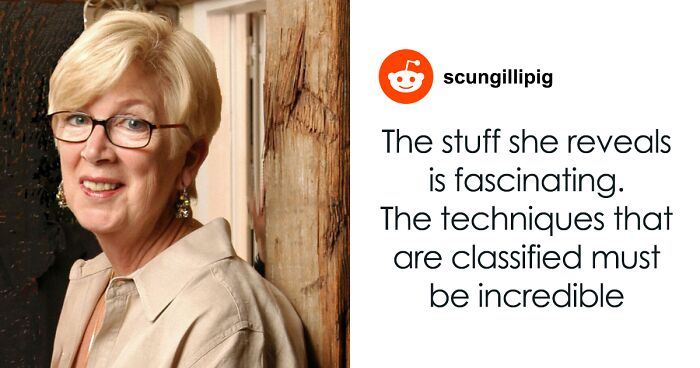
Former Disguise Expert For The CIA Reveals Spy Secrets: “My Career That No One Knows About”
Countless films and series have been made about the work of spies, the anonymous heroes whose efforts to protect their nations go under the radar for decades. That is until they step down from their profession and release a memoir revealing the most intriguing details about their fascinating careers.
Jonna Mendez, who worked at the CIA for 27 years and climbed up the ladder to become the intelligence agency’s Chief of Disguise, recounts her experience in her new CIA-reviewed book, In True Face: A Woman’s Life in the CIA, Unmasked, available March 5.
- In her new memoir, Jonna Mendez looks back on her days working as the CIA's Chief of Disguise.
- Using her skills, Jonna helped CIA operatives and foreign assets evade Russia's KGB.
- Mendez's disguises were unparalleled, even compared to Hollywood's best efforts.
Throughout her career, she has helped Russian assets in helping the U.S. evade KGB detection during the Cold War and hid the identity of several CIA officers.
Jonna Mendez, the CIA’s former Chief of Disguise, looks back on her intriguing profession in her new memoir, set to be released on March 5
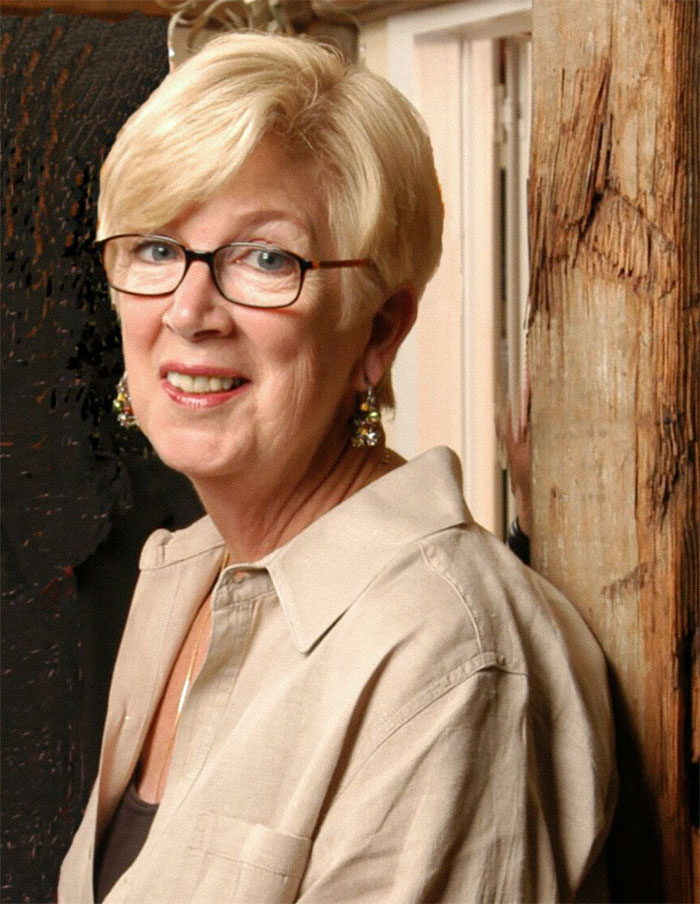
Image credits: jonnamendez
“My mission was to make a mask that our officers could use to protect themselves or have deniability,” Mendez says.
“I just felt deeply and strongly that the work we were doing was work that was worth doing. We were helping our country; disguise was a form of protection.”
In the 1990s, she met President George H.W. Bush in the Oval Office disguised as a Latina woman with black curly hair to describe the extraordinary results her team achieved to evade Russia’s KGB.
Bush glanced at her, searching for a briefcase that carried her disguise. Then, she told him she was wearing it.
When she took off her disguise and revealed her actual face—blue eyes, fair skin, and short, dark blonde hair—Bush and his advisers seemed perplexed.
Mendez worked at the intelligence agency for 27 years, helping CIA operatives and foreign assets during the Cold War
Image credits: jonnamendez
“The masks were something that no one else, not even Hollywood, could do,” the disguise master told People Magazine.
Mendez’s love story with the world of espionage began with a whirlwind romance in the mid-1960s. Aged 20, she visited Germany to attend a friend’s wedding. The English lit. major decided to stay in Frankfurt, where she met a “sophisticated” and “very nice-looking” American named John Goeser, who she thought worked as an Army civilian.
The two became engaged a year after they met. One day, Goeser confessed he worked for the CIA. Mendez understood that by saying “I do,” she would inevitably become entangled in his unlikely profession.
“Sounded like the adventure of a lifetime,” she confides in her book. “I wasn’t wrong about that.”
“We were helping our country; disguise was a form of protection,” she says
Image credits: amazon
She became a CIA secretary, then known as a “contract wife,” but eventually grew bored of the position. After telling her boss, he suggested she take clandestine photo courses to learn how to gather intelligence, a decision that made her “whole career turn.”
Over time, Mendez’s photography skills and ability to absorb her colleagues’ expertise turned her into a disguise master, leading her to mastermind critical disguise operations in the Cold War’s most hostile locations—including Moscow, Havana, and Beijing.
“We developed innovative disguises to instantly change appearances, created concealed cameras, and equipped CIA operatives and foreign assets,” she says.
Jonna briefed President George H.W. Bush at the Oval Office disguised as a Latina woman with black curly hair
Image credits: jonnamendez
Image credits: jonnamendez
Image credits: jonnamendez
“We were able to monitor Russians to stay abreast of Russia’s progress in the nuclear realm.”
One of her closest colleagues was Antonio “Tony” Mendez, a charismatic CIA officer and former chief of disguise, best known for rescuing six U.S. diplomats from Tehran in 1980. The famous rescue operation is depicted in the Oscar-winning film Argo, where Tony is portrayed by Ben Affleck.
At the height of the Cold War, she and Tony’s work helped pioneer an arsenal of modern evasion protocols and gadgets that seemed taken from a James Bond movie.
“We could make anything—quick-change license plates, jacket buttons that were compasses, silk jacket linings that could be maps”
Image credits: jonnamendez
Image credits: jonnamendez
“We were Q,” Mendez jokes, comparing their office of scientists and artists to the techno-gurus in the 007 movies.
The innovative tactics employed to outfox the Soviet intelligence officers included “quick-change license plates, jacket buttons that were compasses, [and] silk jacket linings that could be maps.”
“We put bugs in books. We put cameras in cigarette packs, strap-on pregnancy bellies—we put them everywhere,” Mendez explains.
Some of her male counterparts didn’t believe she deserved to be behind such critical operations and often antagonized her, the former Chief of Disguise recounts in her memoir.
On one occasion, a resentful man she trained with rolled a defused grenade toward her, which went off a few feet from her. “I started shaking,” she says. “I thought, ‘He wants me to act like a girl,’ so I didn’t. I didn’t cry.”
Thanks to her skill and resourcefulness, she was able to monitor Russians to stay abreast of Russia’s progress in the nuclear realm
Image credits: jonnamendez
Another time, one of her male bosses mischaracterized a disguise assignment as photography to prevent her from accessing instructions for a dangerous mission. This forced her to devise a quick solution: she ended up altering a foreign asset’s appearance using Dr. Scholl’s Foot Powder.
“The operation was successful and the most significant I was ever involved in.”
In a competitive environment where women were a minority, Mendez had to push herself extra hard to succeed. “You have to be not as good as men are—you need to be better,” she says.
In 1990, Mendez’s 23-year marriage to Goeser ended amicably, and in 1991, she married Tony, who had recently retired from the CIA, as per People. The couple welcomed a son, Jesse, two years later, and Mendez said goodbye to her adventurous profession.
The woman, now 79, lost her “other half” in 2019 after Tony suffered complications from Parkinson’s disease.
Image credits: WIRED
While she believed becoming a mother would make the “spy stuff recede into the background,” Mendez has since reconnected with her past from a different—and arguably much safer—place.
After collaborating on bestselling books about her and Tony’s clandestine life— including Spy Dust, Argo, and The Moscow Rules—she began working as a board member of the International Spy Museum in Washington, D.C, where the famous Bush-era mask and lifesaving can of foot powder are displayed.
To Mendez, the chance to employ her talent and resourcefulness for a noble cause felt almost supernatural.
“That felt like a special power because we knew that there always was the opportunity to save the world.”
People celebrated Mendez’s career and contributions to her country
17Kviews
Share on FacebookI put it on hold at my local library. It sounds bloody fascinating!
Load More Replies...*article about a master of disguise* *shows 2 grainy pictures of one disguise*
This story was really written by Dawn Klavon for PEOPLE Magazine, not Marina Urman or Donata Leskauskaite. Check it out: https://people.com/cias-former-chief-of-disguise-reveals-spy-secrets-people-who-knew-me-well-will-be-shocked-exclusive-8594627
I put it on hold at my local library. It sounds bloody fascinating!
Load More Replies...*article about a master of disguise* *shows 2 grainy pictures of one disguise*
This story was really written by Dawn Klavon for PEOPLE Magazine, not Marina Urman or Donata Leskauskaite. Check it out: https://people.com/cias-former-chief-of-disguise-reveals-spy-secrets-people-who-knew-me-well-will-be-shocked-exclusive-8594627

 Dark Mode
Dark Mode 

 No fees, cancel anytime
No fees, cancel anytime 






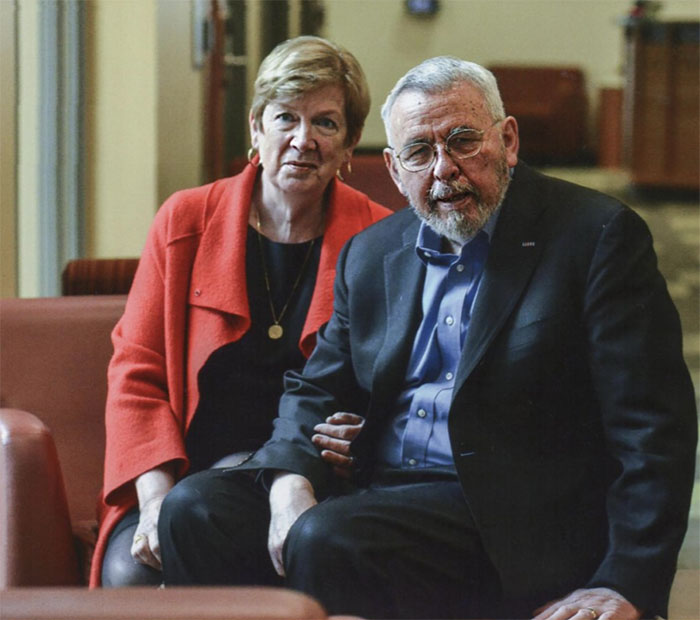
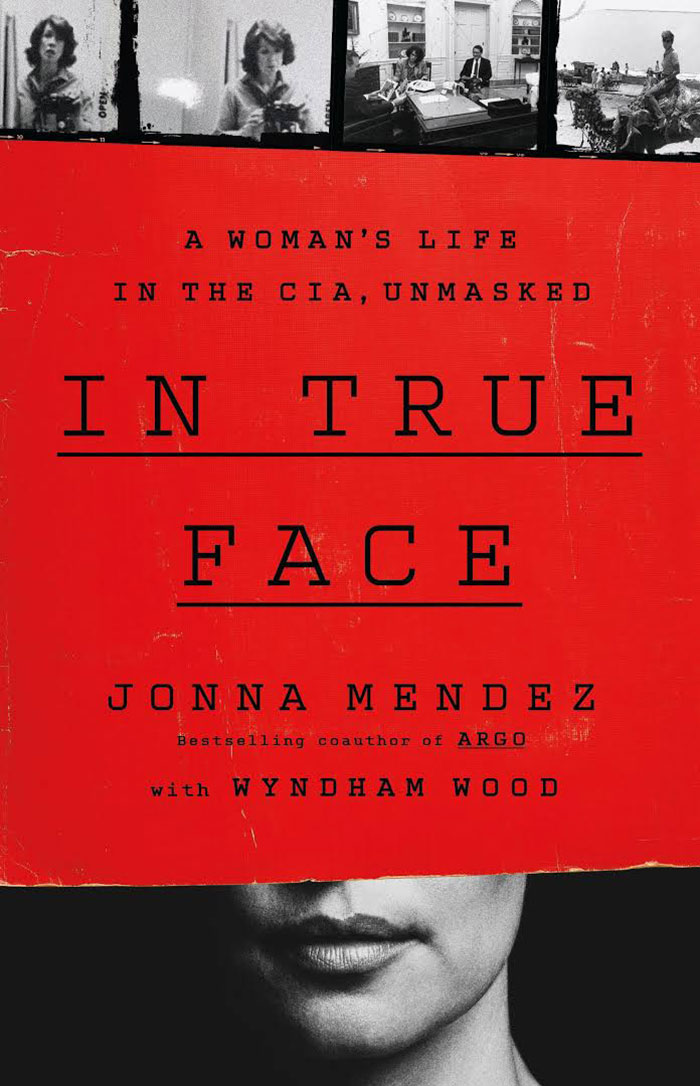
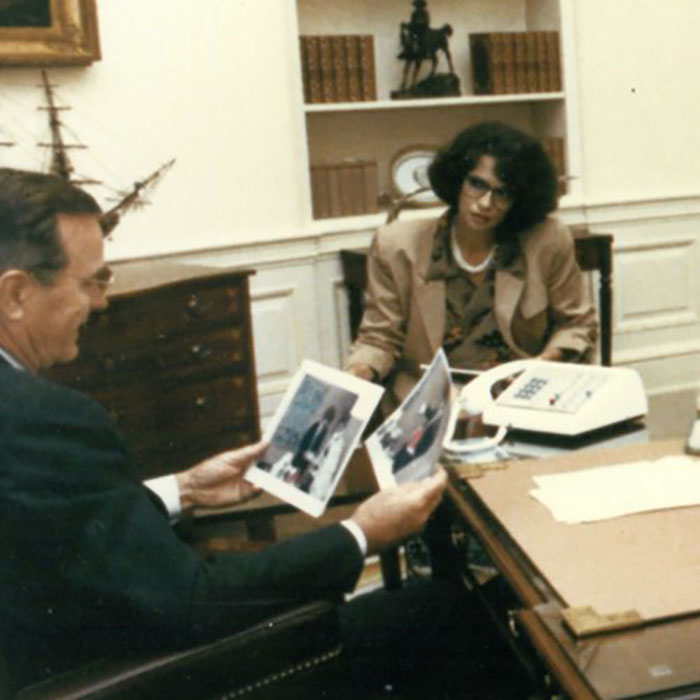
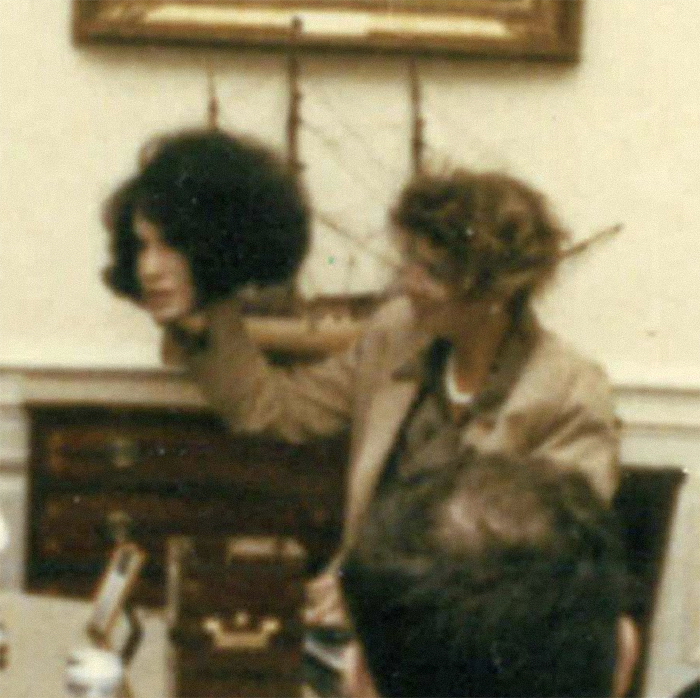
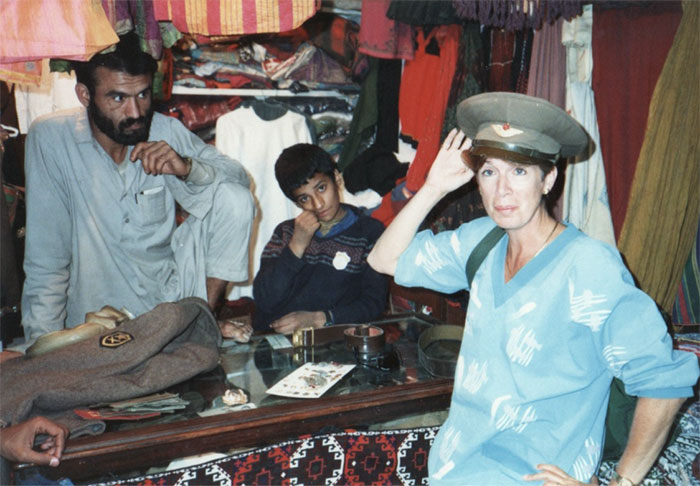
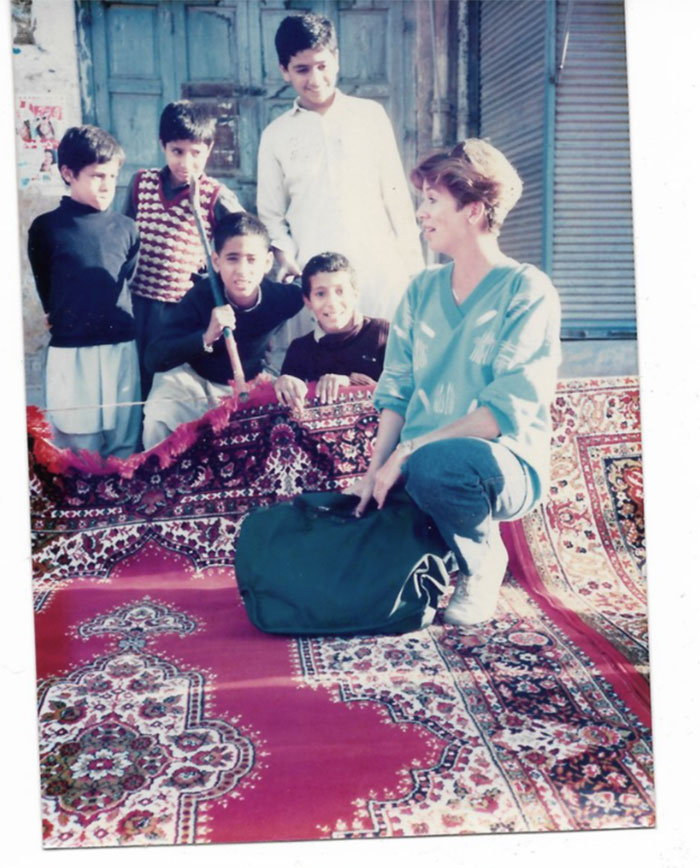
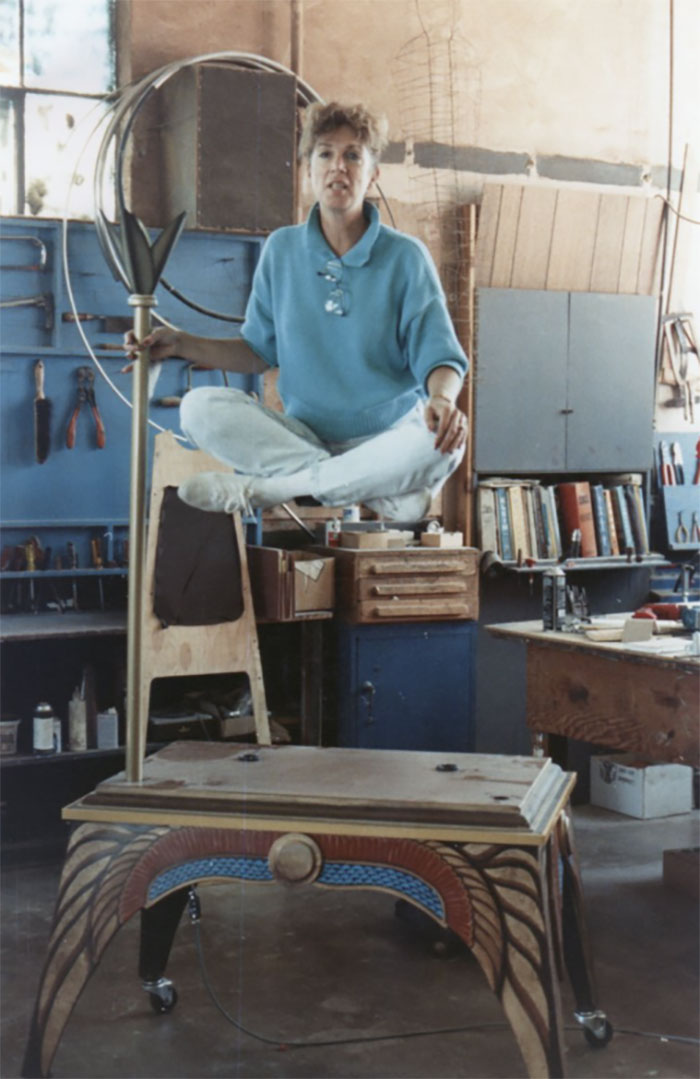
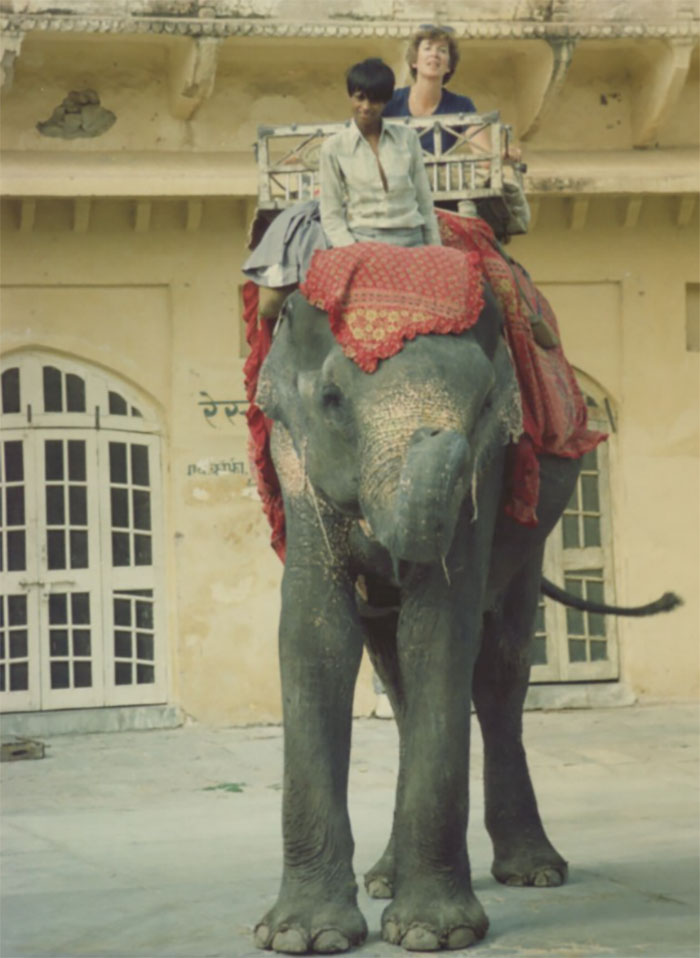

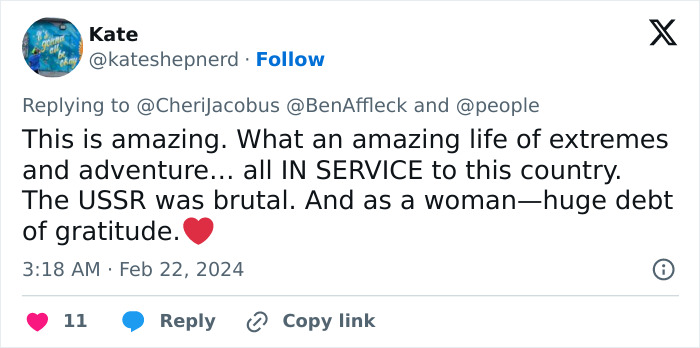



















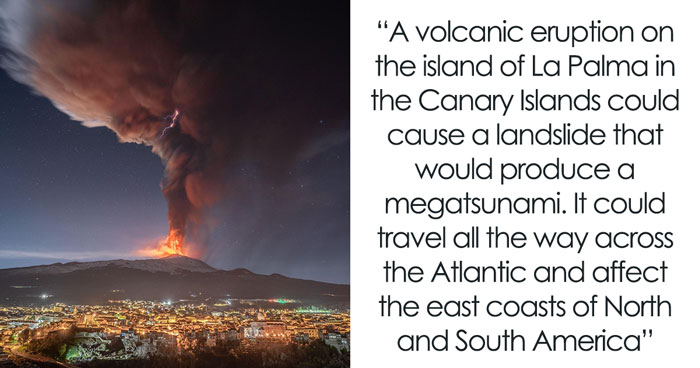































50
9